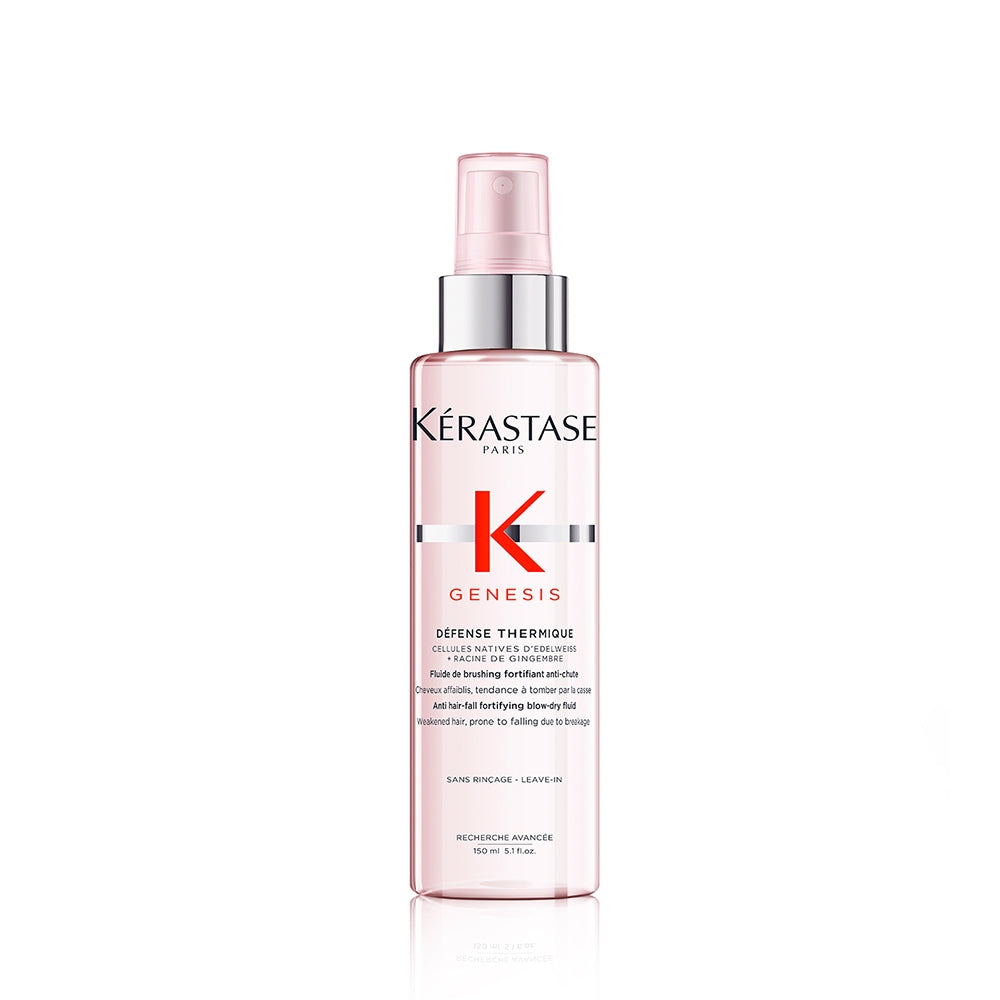When it comes to hair, your scalp is the foundation for it to be healthy and beautiful. A healthy scalp isn’t just about avoiding flakiness, it is about knowing the right advice and care for your scalp, which in turn supports hair growth, adds shine, and reduces irritation.
Our Ultimate Scalp Care Guide includes tips, expert advice and recommendations
-
Why is scalp health important?
Your scalp is the foundation for great hair. Your scalp is your skin, delicate, responsive, and often exposed to the same stressors as the rest of your body. It is home to thousands of hair follicles, sebaceous glands and a network of blood vessels that supply nutrients to every strand. When the scalp is balanced, it supports healthy hair growth, reduces shedding and minimises irritation. -
What affects scalp health?
There are several factors which can disrupt scalp health, such as the weather, hormonal fluctuations, stress, poor diet, medication, as well as product buildup from using the wrong products for your scalp/hair type.
A proactive scalp care routine begins with understanding your scalp type and its needs. -
How can my lifestyle affect my scalp health?
A balanced diet is key to maintaining your scalp health, along with keeping hydrated with lots of water. Try and include omega-3, zinc and B vitamins in your diet.
Your hair styling habits can also affect your scalp. Avoid tight hairstyles that pull on the hairline and minimise heat exposure to prevent dryness and breaking.
Stress can also exacerbate scalp conditions for some people, so keeping this managed and under control is needed. Take some time out for yourself and consider stress-reduction tactics such as exercising or reading.
Sun protection is important! Treat your scalp like you would your skin in the sun and make sure you use a sunscreen designed for the scalp or wear a hat or scarf when exposed to the sun for long periods of time. - What are the most common scalp concerns? Always let your stylist know if you think you have a scalp concern. We understand you may find this a personal discussion, and all our stylists offer confidentiality and expert advice.
The most common concerns are:
-
- Dandruff
- Itchiness
- Dryness or Eczema
Some of these concerns also come with visible changes in scalp colour, such as redness
Finding your scalp type
Oily scalps: If your scalp feels oily quickly after washing, you may benefit from lighter, clarifying products and more frequent cleansing.
Dry scalps: Flaky, itchy, or tight-feeling scalps respond well to hydrating washes and gentle exfoliation.
Normal/combination: You’re balancing moisture and oil. Look for balanced formulas that maintain that equilibrium.
Sensitive scalps: Look for fragrance-free, hypoallergenic options and avoid harsh active ingredients that can trigger irritation.
How to establish a scalp cleansing routine
1. Make sure you are using the right shampoo for you. Check ingredients and select a product formulated for your specific condition, such as dandruff, oily or combination.
We have a specific collection for our favourite scalp care products to use at home: At Home Treatment – tagged "treatments|scalp" – Regis Salons UK
2. Gently massaging your scalp with your fingertips stimulates blood flow and is an effective way to get circulation flowing to the scalp. Avoid scratching or using your fingernails as this can irritate.
3. Exfoliate your scalp (occasionally). Scalp exfoliation can remove dead skin cells and product buildup, promoting healthier follicles. Use a product designed for scalp use or a gentle at-home scrub. Limit exfoliation to once a week or biweekly, depending on your skin’s sensitivity.
4. Condition smartly. Apply conditioner to the mid-lengths to the ends and avoid the scalp, unless you are using a lightweight, scalp-friendly formula. Heavy conditioners on the scalp can contribute to buildup. For dry or irritated scalps, consider a lightweight leave-in conditioner or scalp serum designed to nourish without clogging follicles.
5. Enhance your scalp care with a professional scalp treatment. At Regis, we offer a Scalp Rejuvenation treatment, which has been developed by a leading trichologist and can transform your scalp within 20 minutes. Your stylist can diagnose and prescribe the best treatment for you at your appointment.
6. Finally, when it comes to brushing your hair, use the right brush/comb for your hair type and that is friendly to your scalp.
Seeking more advice?
Here are Regis, we offer a full scalp and hair consultation, which allows your stylist to analyse your scalp and hair type and recommend the best products or treatments. We have designed a full treatment menu that caters for all scalp types, including our scalp rejuvenation, developed by a leading trichologist.
If your expert stylist felt that you needed additional support, they may advise you to seek advice from your GP or a trichologist.
Treat your hair and scalp well.
Look out for more advice on scalp care and hair loss…


